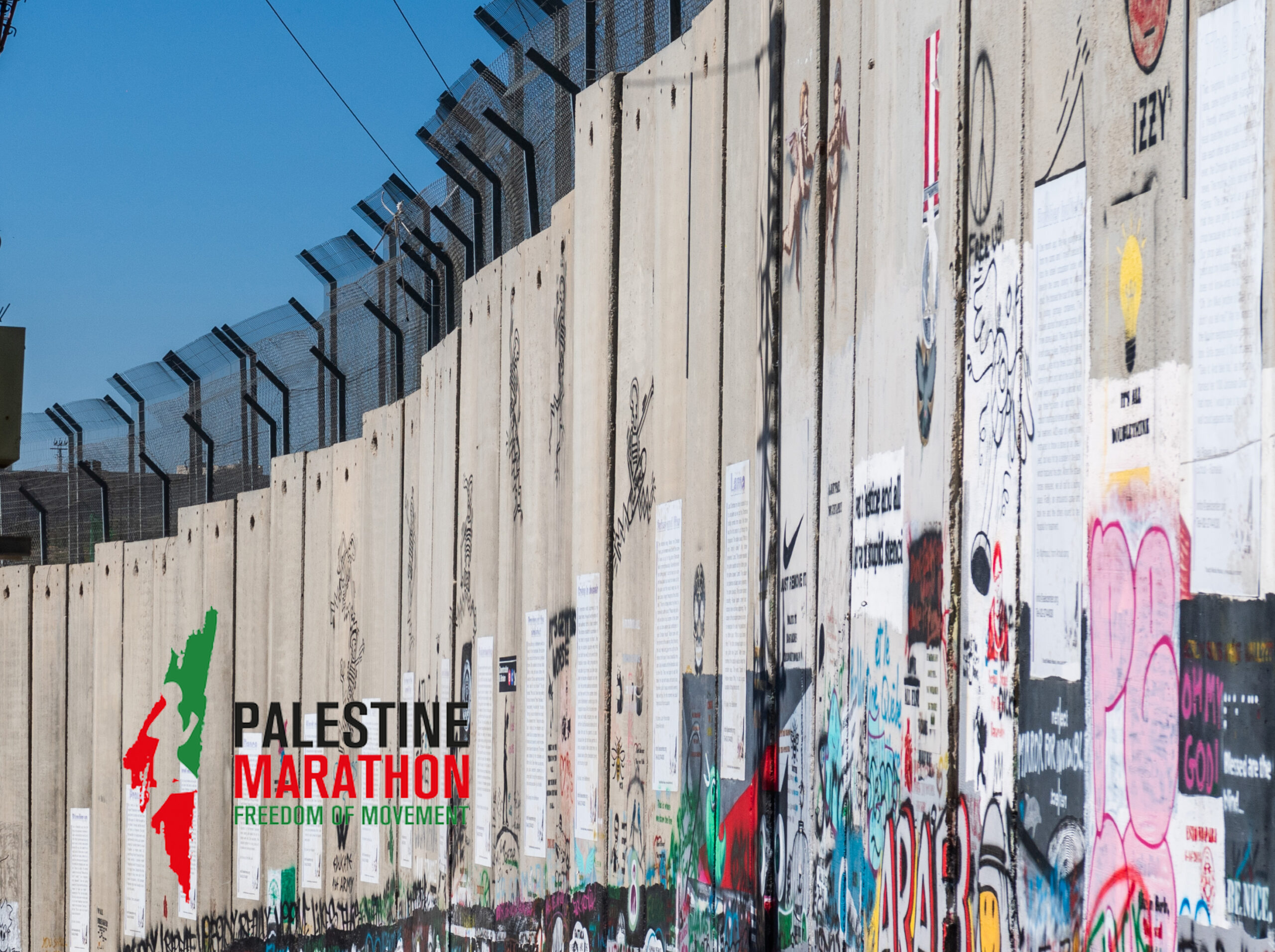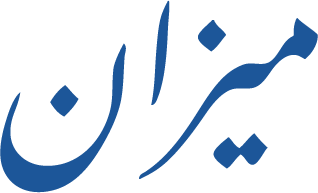Right to Movement
The Palestinian Marathon

The sun had barely risen on Thursday, May 5th, 2011, when runners gathered in the city of Beit Hanoun in the northern Gaza strip to run the United Nations Relief and Works Agency’s (UNRWA) first ever Gaza Marathon for Palestine refugees. There were only nine people that ran the entire 42km marathon through the length of the Gaza strip, but they were joined by over 1500 people who ran shorter segments of the race alongside the athletes. After passing donkey carts, fish markets, former presidential compounds turned to rubble by the Israeli militia, and refugee camps, 31-year-old Nader al-Masri was first to arrive at the southernmost city of Rafah, winning the marathon in 2 hours and 42 minutes. Proceeds from the marathon were used to fund summer programs for Gazan children.
The Gaza Marathon became an annual tradition, though only for a short while. In 2013, the marathon was cancelled by the UNRWA after Hamas prohibited women from participating in the race, despite having allowed them to do so in previous years. That same year, a new marathon with a new course was conceived by Palestinian and Danish activists—a course that would take runners from Bethlehem, by the Church of the Nativity, through two refugee camps and alongside the apartheid wall, before eventually circling back to the Church of the Nativity. This new marathon was labeled the “Palestine Marathon,” or “Right to Movement,” and was meant to emphasize the restriction of movement that all Palestinians, particularly Palestinian women, face daily. According to the event organizers, Jalal Bukhater and George Zeidan, “Movement restrictions remain one of the biggest obstacles imposed on Palestinians by the Israeli occupation. Palestinians deal with all sorts of checkpoints, walls, and road closures. Most of the checkpoints impose movement restrictions on Palestinians as they move internally through the West Bank.”
Just as expected, the biggest challenge for both organizers and runners wasn’t the difficulty of the race itself, but the logistics of the course. Israeli checkpoints prevented a full 42 km continuous marathon course, so the organizers decided to have runners complete the 11 km Bethlehem to Bethlehem loop four times. That first year, the Israeli government barred 25 runners from Gaza from participating in the marathon by refusing them travel permits.
Despite the obstacles in organizing the event, the marathon became an annual tradition in Palestine, and within just seven years, numbers quickly skyrocketed from just 400 to 8,000 participants, the percentage of female runners rose from 37% to 50%, and the number of foreign runners went from 220 to 1700. The Marathon has not only drawn both local and global attention to the hardships and restrictions that Palestinians face daily, but has also highlighted the beauty of Palestinian life and culture, and the sense of community that prevails throughout the territory. In 2017, the Palestine Olympic Committee took over the marathon and renamed it the “Free Movement.” In the same year, the event was approved as an international marathon by the International Association of Athletics Federation, and in the following year it was recognized by the Association for International Marathons and Distance Races.
By 2019, the race had evolved into a fully-fledged humanitarian mission, with participants running for a wide variety of human rights causes and organizations like the Palestine Children’s Relief Fund, the International Red Cross and Red Crescent Society, and the Ministry of Education and Higher Education. Furthermore, community groups were established in different cities to help provide a safe environment for Palestinian women to participate in sports alongside the men.
The last Palestine Marathon was held in 2023. Due to the ongoing conflict, the 2024 marathon was cancelled and the 2025 marathon has been postponed. And yet, hopefully, the end of this conflict will provide Palestinians the opportunity to lace up their running shoes once again and run unbound through their land.
SOREN CHANG is the Assistant Editor at MizanProject.org.


